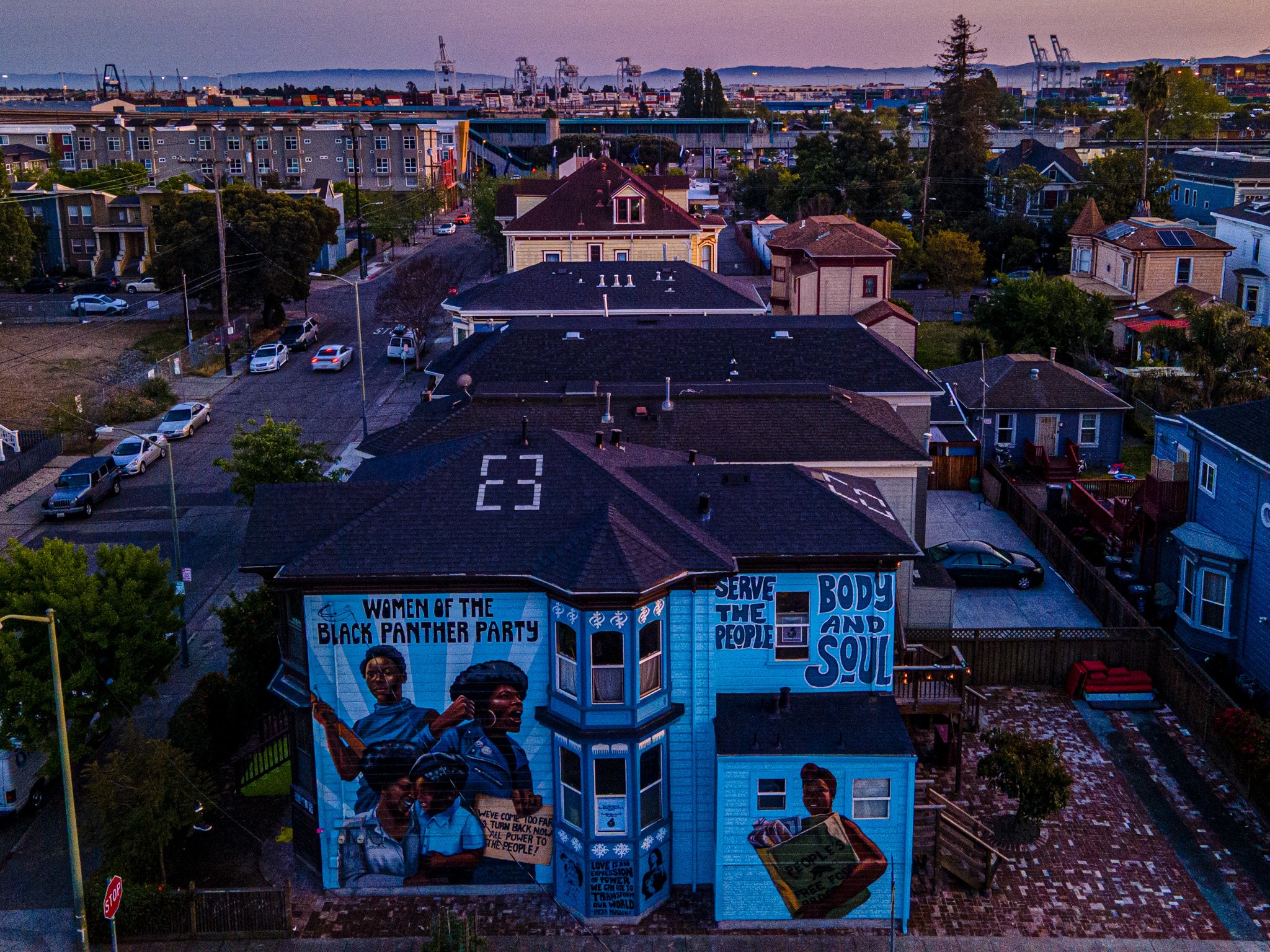
Educate to Liberate
The most successful rebellions, those that posed the greatest threat to oppressive power structures have been grounded in political education of the people by the people. In a moment when our history is being actively distorted, ignored, hidden and erased. Now more than ever it is important for us to be our own historian
I’ve been an community educator for over half my life; a college professor in Black communities for over a decade and right now, my focus is educating multiple generations of Black people to produce, preserve, and protect their own community archives to form the basis of current and future pursuits of liberation.
Selected Course Descriptions




